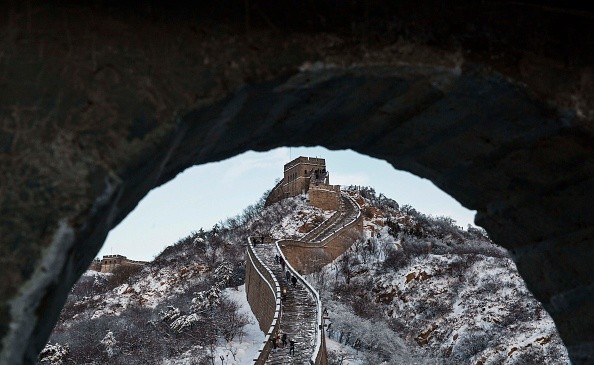China has vowed to wage a revolution against unsightly toilets to boost the country's tourism sector. The plan is in response to the complaints regarding toilet hygiene at the country's various tourist spots.
Second only to the United States, China's tourism industry rakes in a lot of profit from international visitors. According to the United Nations, the industry earned an estimated $114 billion in 2015. But one of the major threats faced by the industry are the country's unsightly toilets.
"The country's tourism industry is at risk of damaging its reputation and losing billions of dollars in revenue if they fail to improve the country's toilets," said Tourism Chairman Li Jinzao.
China is aiming to invest 2 trillion yuan ($290 billion) in between 2016 to 2020, an annual growth of more than 14 percent in direct investment for the industry. And as part of the China National Tourism Administration's five-year plan, the country will be waging a 'toilet revolution'.
Under this revolution, over 100,000 toilets will be renovated in scenic areas and along tourist routes. The plan complements another government campaign that aims to add 57,000 modern public toilets nationwide which will be completed later this year. China's national standard requirements are basic, requiring sanitary toilets to have at least walls, roofs, doors, windows and to be at least two square meters in size.
Last year, the tourism authority conducted an inspection and found that around 367 A-rated tourist destinations have outdated or unsanitary restrooms. These sites were either delisted, downgraded or warned.
Meanwhile, those with exemplary restrooms were lauded by the agency, publishing a list of the top ten scenic sites that had such restrooms. Topping the list was Gubei Water Town, which is located at the foot of the Great Wall on the outskirts of Beijing.
Despite the various problems that the tourism industry might encounter, starting with the most basic problem is one great leap forward for China.



























